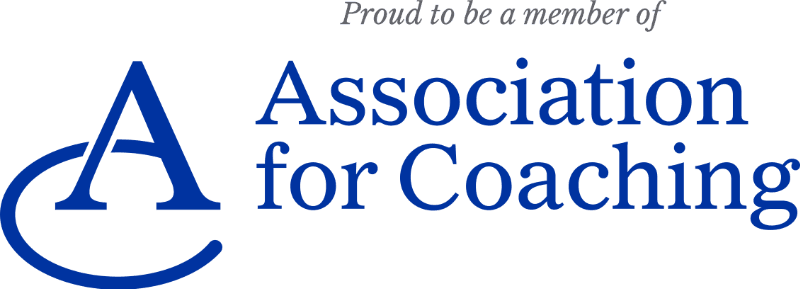Some tips on helping a university student with ADHD
One of the profound difficulties in helping someone with ADHD is that they know what to do already. They didn't skip the organising classes at school! ADHD is not a problem with knowing what to do but with doing what we know. It is problem of interest, , lack of foresight, motivation and rebelliousness too. Spending time with someone with ADHD in planning, in breaking tasks down, even just being present while they work (the buddy principle) can all help.
Interest is critical
t’s best to help, or coach a student by very much taking ADHD in mind, not denying the problems but accepting them and working around them. It’s often easier to change the world around us than to change ourselves, so firstly check the student is on the right course! If they are bored then meds can help but life is too hard if they aren’t interested. Music, views, fiddling and doodling all increase stimulation and hence focus. Watch out for substance use as ADHDers are addicts to anything that boosts our dopamine and helps our under-stimulated minds.
Helping focus
Novelty often fools us, as we get far more dopamine when things are new, but we become less stimulated/interested with time. We are consequently great starters, terrible finishers. We also learn to wait for deadlines as they boost adrenaline and dopamine – we pull rabbits out of hats at the last minute at the expense of stress, the occasional miss and lower grades! Getting help from buddy’s, study groups, assistants, tutors, mentors and lecturers makes a lot of sense, with both accountability and interest. During covid times it might help them to Zoom a student friend every day and leave their phone in view, on mute, all day long to help stick at work.
Breaking taks down
Mindmaps help us dump our complex interconnected thoughts onto paper fluidly and easily. We can then find the structure of the essay, presentation or plan by looking at the map, less demanding on short term memory – basically a translation device between the holistic right hemisphere and the linear left one. Write a heading for each paragraph, fill in with bullets, then complete the details. We tend to be perfectionists when creating (not when tidying!) so get students to delay this perfectionism till the end of the task – initially write to word count only then edit to perfection, rather than endlessly craft the first sentence. Separate research from writing as research is more stimulating and hence distracting. We are attracted to complex and complete organising systems but we’re rebellious so we can seldom stick to anything over-structured, simple routine like Monday morning for history, Thursday afternoon for essays work better. Help to break tasks down but you only really need to work out the next step, we are often overwhelmed when we see the big-picture. We really have a hole in our head where time should be. When, where and how would the task be least daunting?
Bad sleep = ADHD x 2
Sleep is the most important ADHD comorbidity. More important to address than diet or exercise. Often ADHD adults have a problem with getting to bed, more than getting to sleep. Break sleep hygiene rules and get them in bed with brushed teeth and netflix on their laptop. Not the best, but procrastinating on your phone in the lounge avoiding bedtime chores is far worse. Poor sleep means ADHD x 2, worse focus, motivation, memory etc. Theanine is a great, super safe supplement – an amino acid, antioxidant in green tea that boosts GABA and decreases stress and promotes better sleep (not more sleep but deeper, proven with ADHD kids studies). Melatonin, sleep hormone can help but tends to wear out.
Medications are worth trying but are no guarantee
Meds are over-sold by doctors and nowhere near as effective or problem free as they think. Nearly half of all adults give up on meds in the first six months: problems occur with anxiety, depression, sleep issues and reduced emotions and creativity. But there are different meds to try, three main types Dexamfetamine, Methylphenidate, Atomoxetine but others available only privately like Intuniv and Bupropion can help too. There are short acting ones like Ritalin and Dexedrine, long acting like Concerta, Elvance and Strattera. No one reacts the same, so the only way to check is to try them. Students really benefit the most from meds as student life is all about focus on lectures and study, later on life becomes more complex and meds provide less overall support with emotions, delegation, and relationships. Antidepressants can make ADHD worse, they suppress dopamine.
Everyone can coach
Finally no system works for everyone, so explore the possibilities and keep asking “will that work for you? what will stop you?”. We’re super self-critical, so praise and particularly self-praise is important but we are perfectionist, problem solvers so we take the good for granted and focus on the more stimulating negative issues. Help the student recognise their successes no matter how small, they seldom will see success at all.
If you are a mentor, teacher, parent or tutor then providing a non-judgemental space to discuss the issues, problem solve together, think about and discuss the future, commit to actions and then review them and incrementally improve upon them – is the preferred way to coach an ADHD student.



